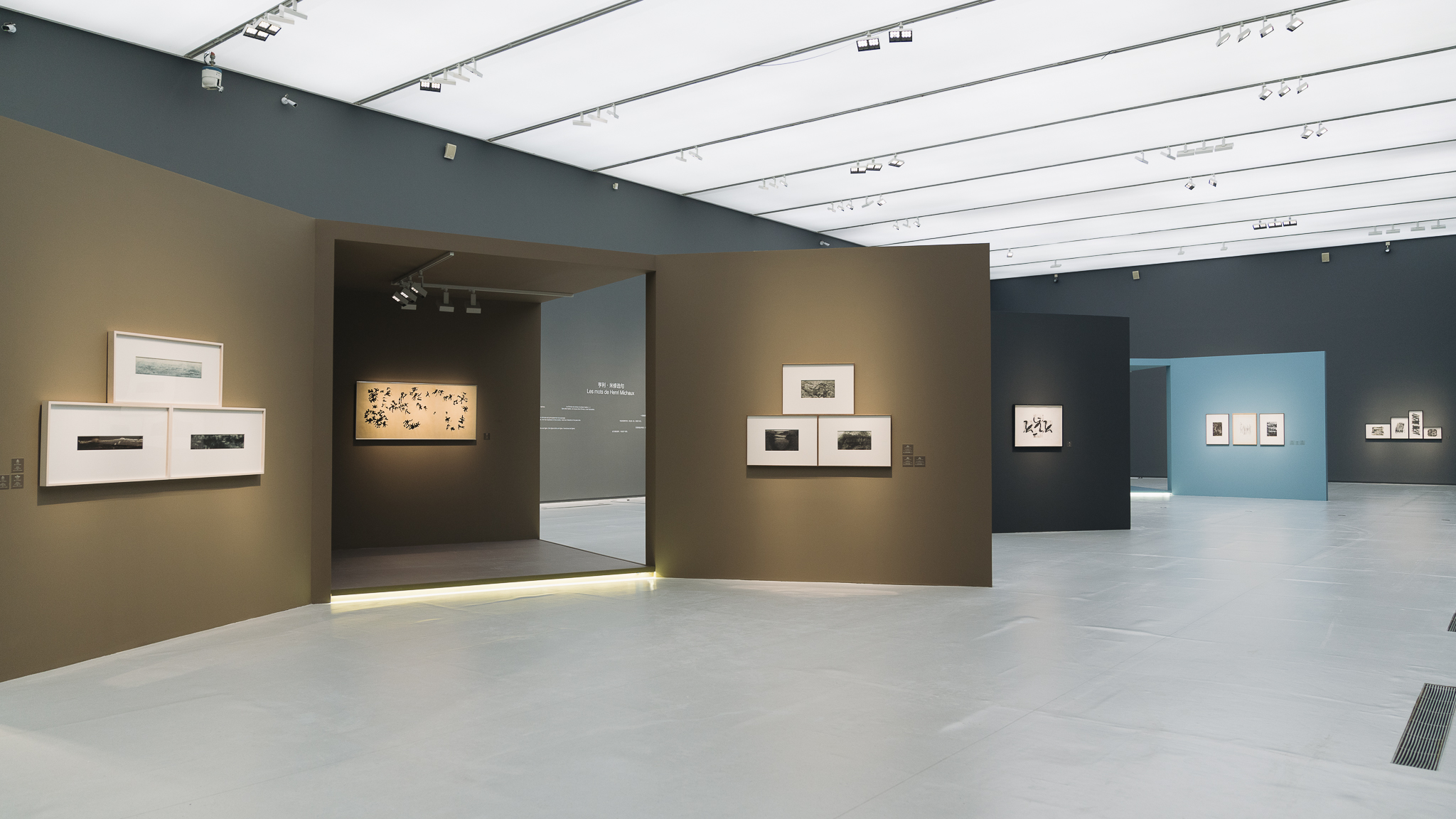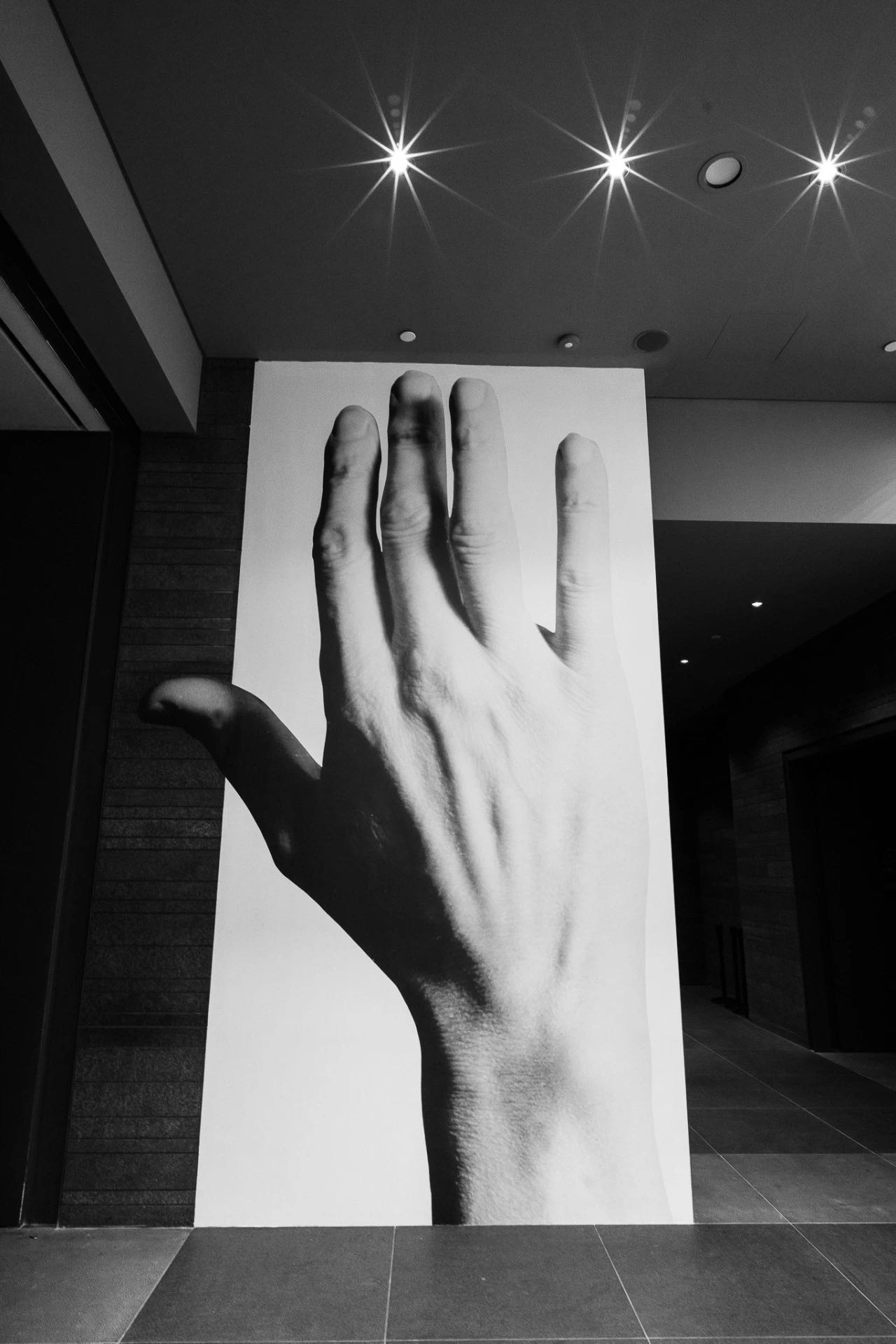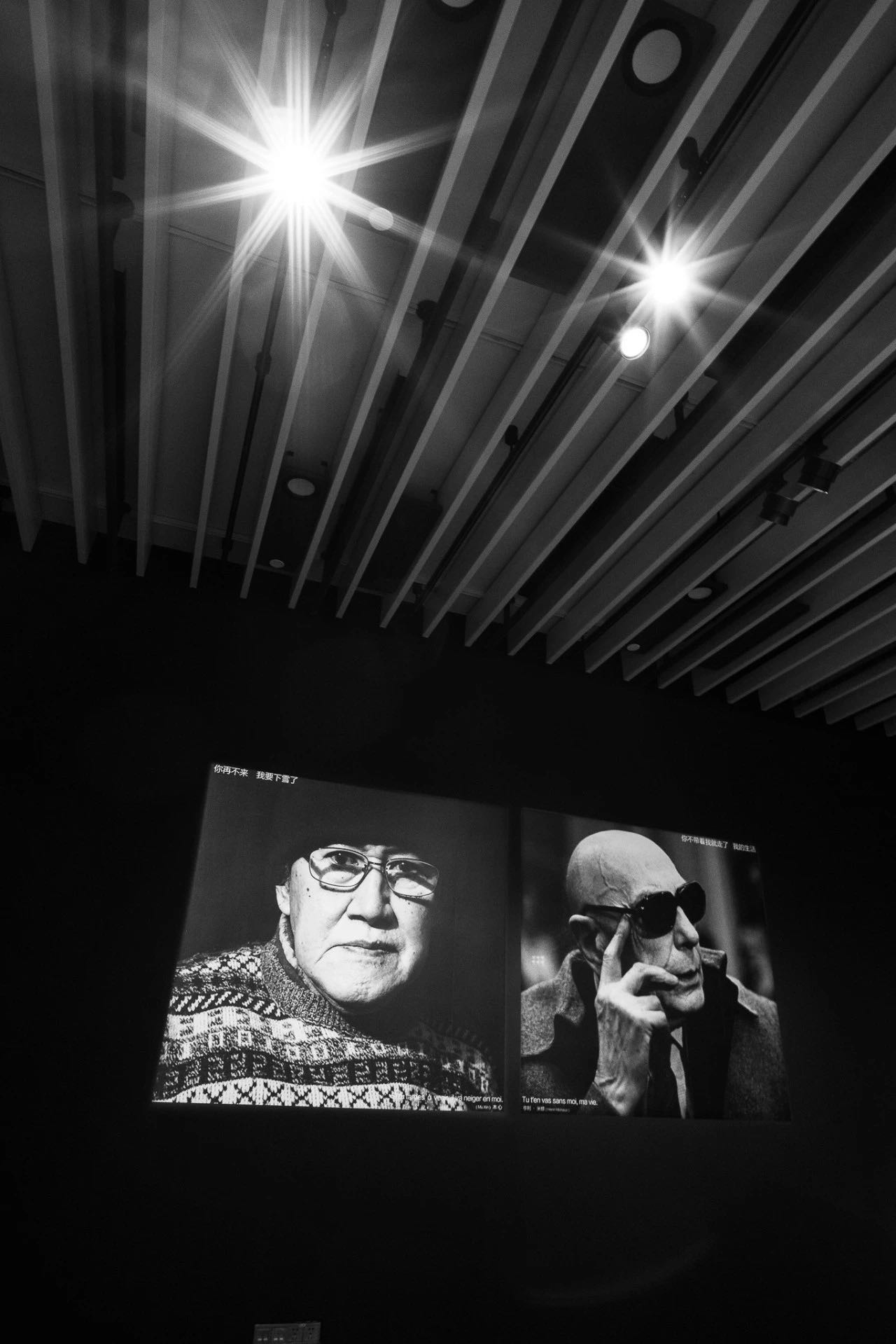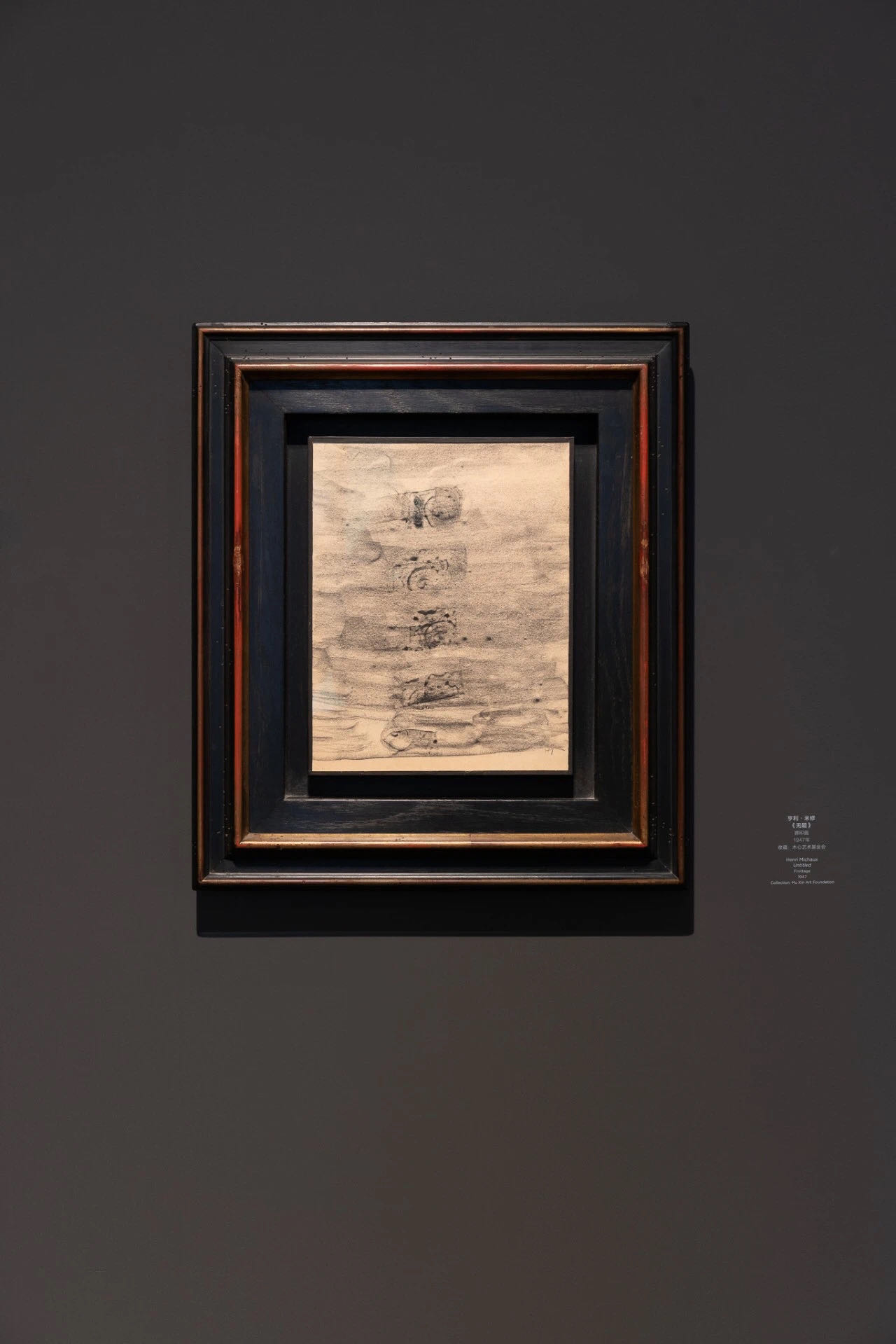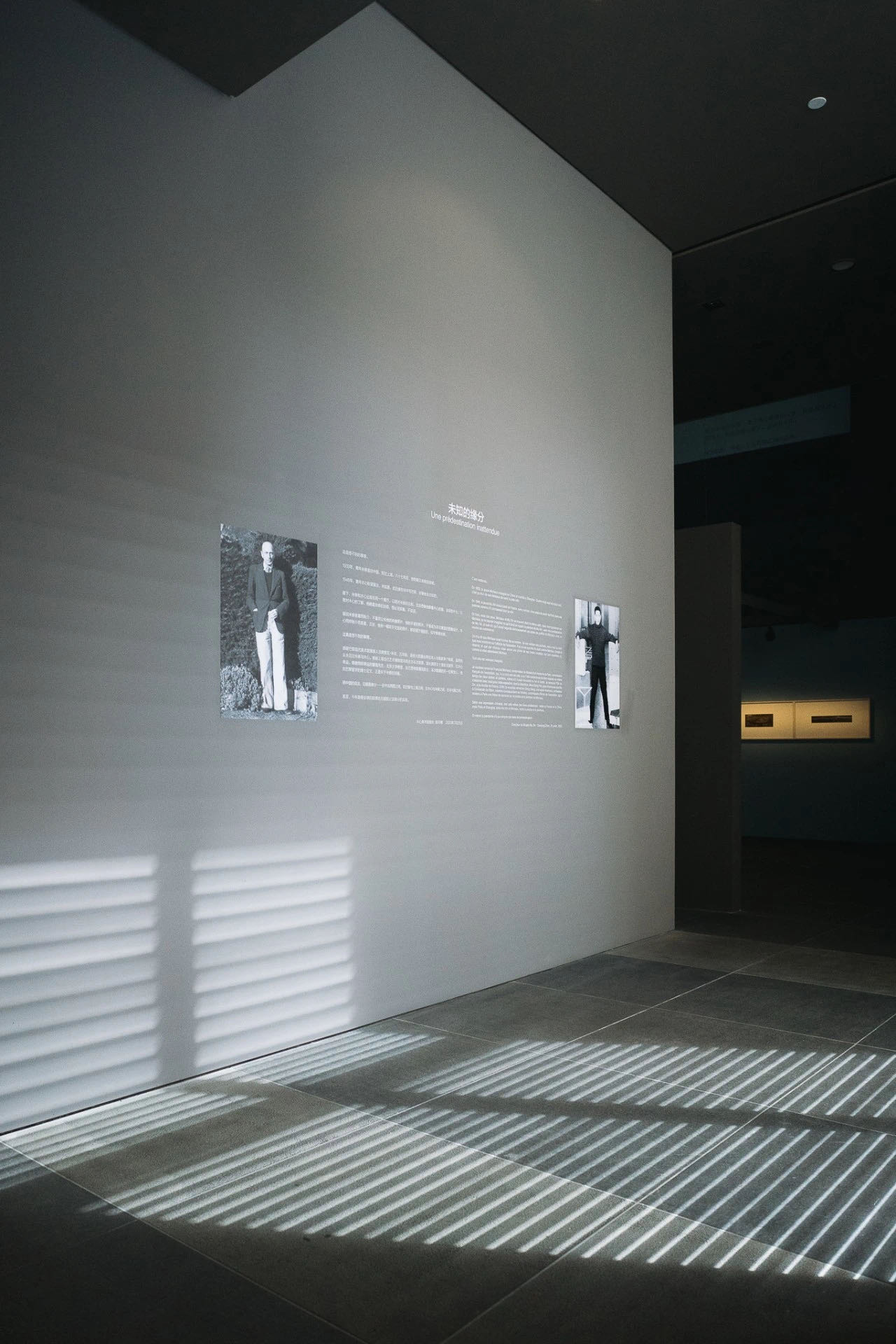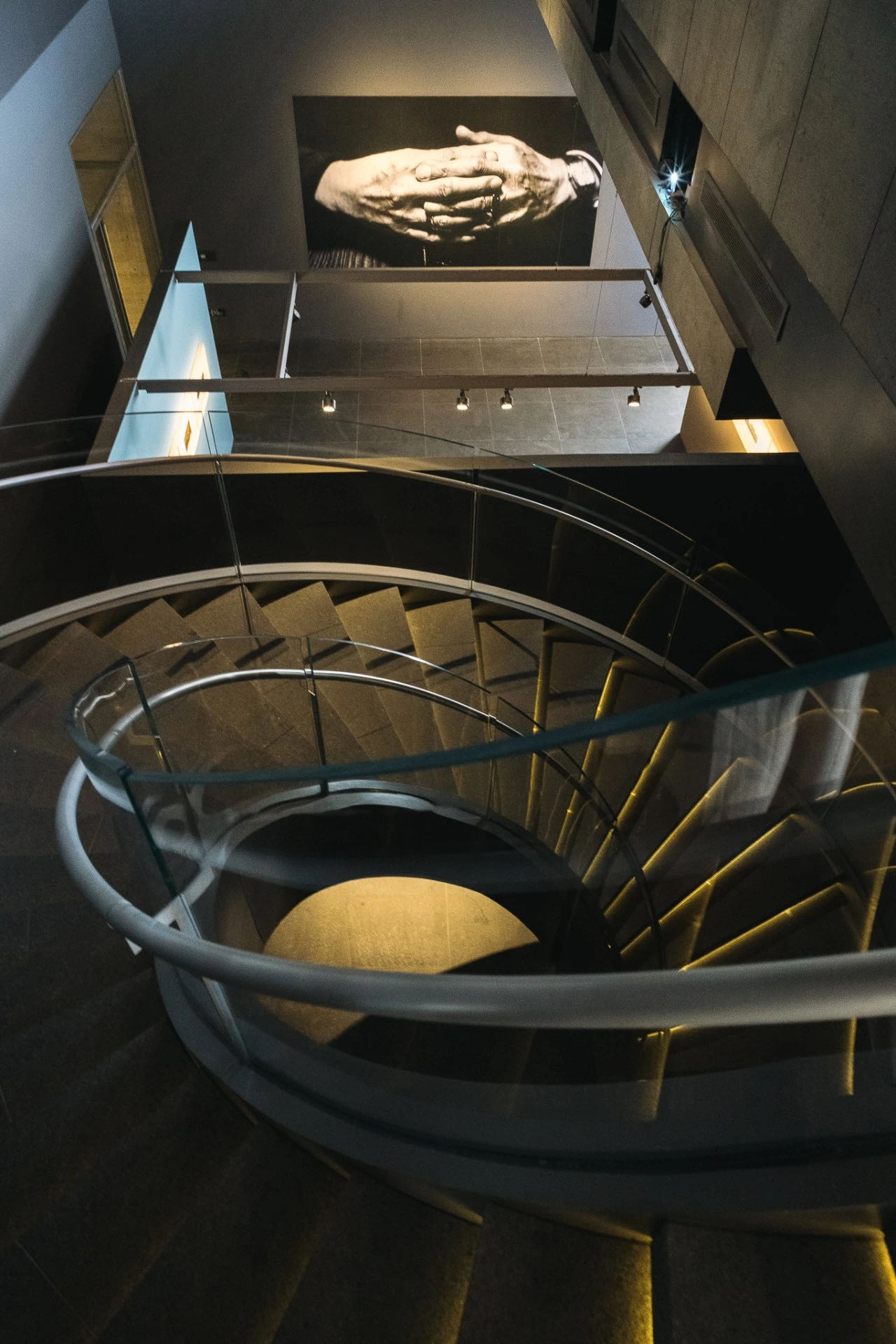Duration: September 2 - October 8, 2020, Power Station of Art, Shanghai
October 14 - December 15, 2020, Mu Xin Art Museum, Wuzhen
Curators: François Michaud (France), Qiang Dong (China)
Exhibition Brief
“Henri Michaux & Mu Xin,” jointly hosted by the Power Station of Art and Mu Xin Art Museum, will be presented in Shanghai and Wuzhen from April to July this year. Henri Michaux was one of the most notable twentieth-century French poets, but he was also recognized as an excellent modernist painter. In 2015, when Musée d’art moderne de la Ville de Paris curator François Michaud discovered Mu Xin, also a poet and painter, he began curating an exhibition for these two men who so excelled at both mediums. After four years of discussions, Dong Qiang, head of the French Department at Peking University, correspondent of the Institut de France, and scholar of Henri Michaux, also became involved in curating this exhibition.
Curators’ Introduction
François Michaud
As a curator at the Musée d’Art Moderne de la Ville de Paris, François Michaud conceived numerous exhibitions in both contemporary and modern art fields, from video artists and filmmakers Emmanuelle Antille, Clarisse Hahn or Alexandra Leykauf to the great Chinese painter Zao Wou-Ki who settled in Paris in 1948. For this exhibition, in 2018-2019, he particularly studied the close friendship uniting Zao Wou-Ki and Henri Michaux during their lives. Their poetic, intellectual and visual dialogue made him think about the notion of artistic parallelism in literature and art.
Dong Qiang
Dong Qiang is the head of the French Department at Peking University, the chair of Le Prix Fu Lei, and a foreign correspondent of the Institut de France. He is a noted scholar and translator, and he was an early student of Milan Kundera. His monographs include An Illustrated History of French Literature and Liang Zongdai: Passing Through Symbolism. He has translated works in many fields, including philosophy, art, and literature. In 2015, he received the Legion of Honor, the highest honor that the French government can bestow.
Artists’ Introduction
Henri Michaux:
Henri Michaux (1899-1984) was born in Namur, Belgium. He became a French citizen in 1955 and he died in Paris.
Michaux began publishing literary works in 1923 and he began painting in 1925. His writing and painting were both self-taught and developed in parallel over the course of his life.
In his sixty years of work, Michaux published collections of essays (The Night Moves, Plume, Life Within the Folds, and Facing the Locks), poetry anthologies, and travelogues. He wrote about his travels, both fictional (Elsewhere and The Voyage to Great Garaban) and real (Ecuador and A Barbarian in Asia). In both his painting and writing, he also shared his experiences taking psychotropic drugs (Miserable Miracle, Infinite Turbulence, Light Through Darkness, and The Major Ordeals of the Mind and the Countless Minor Ones). Michaux’s paintings lie on the border between representational and abstract art. Anthropomorphic signs form flows, groups, movements, bodies, and faces. Their unstable and ambiguous contours seem to appear and disappear in an instant.
Retrospectives of Henri Michaux’s paintings have been held around the world (Centre Pompidou, France; Guggenheim Museum, USA; Seibu Museum, Japan; Guggenheim Bilbao, Spain, etc).
“Henri Michaux & Mu Xin” is Michaux’s first exhibition in China.
Mu Xin (1927-2011), born in Wuzhen, China, he enjoyed painting, writing, playing the piano, and composing music from a young age. He began writing poems at the age of 12, and when he was 16, he published his first essay in a local newspaper. In 1946, he was admitted to the Shanghai Fine Art School. In the early 1950s, he taught in a middle school in Shanghai and worked as a handicraft designer. Mu Xin also secretly wrote 20 books in his free time. The books were confiscated early in the 1970s. He was imprisoned three times and wrote a 66-page manuscript behind bars called Prison Notes.
Mu Xin was rehabilitated in 1979, and he served as Secretary General of the China Arts and Crafts Association. Moved to New York in 1982. While continuing to paint, he picked up his pen again, producing more than 30 poetry and essay collections that were published in mainland China and Taiwan. In 2001, he held a solo art exhibition at the Yale University Art Gallery. Accompanying catalogues were published for these shows.
Moved by an invitation from his hometown, Mu Xin finally decided to settle in Wuzhen in 2006. In 2011, the year the artist passed away, Wuzhen began building the Mu Xin Art Museum in his honor, and An Empty Room, the first book by Mu Xin to appear in English was published. In late 2012, Mu Xin’s Literary Memoir was published based on five years of notes from his lectures on world literature for Chinese artists in New York; it won five Book of the Year awards in mainland China and Taiwan. In 2014, his poem “Life was once slow” was set to music by young composer Liu Huyi and the song was sung by Liu Huan at the CCTV Spring Festival Gala Show in 2015.




